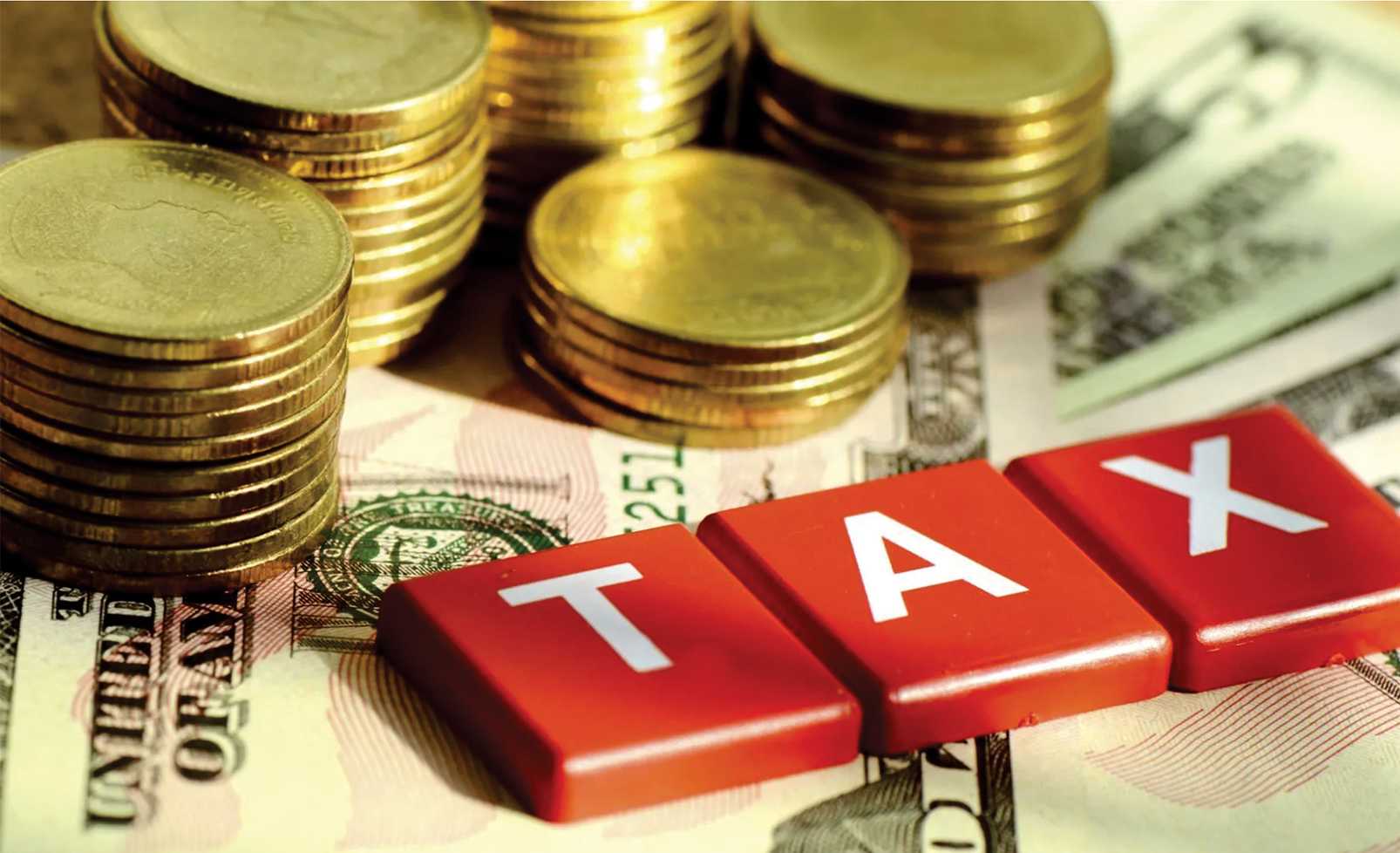INPUT VAT ON PRODUCTION OVERHEADS ARE RECOVERABLE – TAX APPEAL TRIBUNAL RULES
February 17, 2022

The Tax Appeal Tribunal sitting in Lagos has held in the case of CHI Ltd (“CHI” or the “Company”) vs. Federal Inland Revenue Service (“FIRS”) that input VAT incurred by the Company on the purchase of gas, short term spares and consumables is recoverable against the output VAT charged on its products.
Background & Arguments
The Company instituted the suit following FIRS’ refusal to permit the Company to recover input VAT incurred on the purchase of gas, short-term spares and consumables against the output VAT charged on its final products. CHI claimed that these items qualify as stock-in-trade for the purpose of Section 17 of the VAT Act, and as such, VAT incurred on them should be recoverable.
According to the Company, stock-in-trade is not synonymous with inventory as erroneously assumed by FIRS, rather the latter is a subset of the former. Hence, both terms cannot be accorded the same meaning as attempted by FIRS. Furthermore, the Company stated that Section 17(2)(a) only forbids the deduction of overheads which could be expended through the income statement and not all overhead expenses. Therefore, it was the Company’s submission that overheads, services, or general expenses which may not be expended in this manner may be recovered from output VAT charged, as they are used in the direct production processes.
On the other hand, FIRS argued that the items purported to be recovered by CHI do not qualify as raw materials to produce its products. Rather, it was FIRS’ opinion that these items form part of the Company’s production overhead, and VAT incurred on such cannot be deducted against output VAT arising from the sale of products. The argument here was that only VAT on raw materials used directly to produce a new product is recoverable against output VAT.
TAT’s Decision
The Tribunal agreed with CHI that stock-in-trade goes beyond raw materials and since the VAT Act provides for ‘stock-in-trade’, same must be construed strictly, as a narrow interpretation to mean ‘raw materials’ will be unduly restrictive and exclusionary.
According to the TAT, the import of Section 17(2)(a) is that there are overheads which are not to be expensed through the income statement, and that by implication, input VAT incurred in respect of these must be allowed as a deduction from output VAT, so far as they constitute stock-in-trade used in the production process of new products on which output VAT is charged.
Therefore, the TAT concluded that the items in question constitute the Company’s stock-in-trade and have a direct link with the production of its products. As a result, CHI is entitled to recover all input VAT incurred thereon from the output VAT charged on the final products.
OUR COMMENTS
The crux of this matter is the interpretation of Section 17 of the VAT Act and the extent to which a taxpayer is permitted to deduct the input VAT incurred on its stock-in-trade from the output VAT charged on its finished products.
An excerpt of Section 17 of the VAT Act is shown below:
(1) …, the input tax to be allowed as a deduction from output tax shall be limited to the tax on goods purchased or imported directly for resale and goods which form the stock-in-trade used for the direct production of any new product on which the output tax is charged.
(2) Input tax-
(a) on any overhead, service, and general administration of any business which otherwise can be expended through the income statement (profit and loss accounts); and
(b) on any capital item and asset which is to be capitalised along with cost of the capital item and asset,
shall not be allowed as a deduction from output tax.
Deducing from the letters of the statute, before a business could recover input VAT from the output VAT charged to its customers, the following conditions must be fulfilled:
i. input VAT must be incurred on goods purchased for resale/goods which form the stock-in-trade of the business;
ii. the goods must be used for the direct production of the new product; and
iii. output VAT must be charged on the product.
Subsection (2) also distinguishes between overheads which can be expended through the income statement and those which cannot. While the latter may be deductible from output VAT charged, the former is not allowed as a deduction from output VAT.
Prior to this judgement, the tax authority has insisted that input VAT on all overhead expenses are irrecoverable from output VAT charged even where the extent to which such overheads relate to the production of finished products can easily be ascertained. This decision now aids in reiterating the intention of the law makers through the use of ‘stock-in-trade’ and not merely ‘raw materials’ in the letters of the law.
The TAT has, via this judgement, further strengthened the core principle of the VAT system which is for manufacturers to recover as much input VAT as possible and for the ultimate VAT burden to be borne by customer. This is especially so where the business’ costs constitute its stock-in-trade.
We believe the TAT’s decision is a step in the right direction to ensure that taxpayers are not unduly disadvantaged due to misinterpretation of the law by the tax administrators.
It is expected that FIRS will appeal this decision at the Federal High Court. Therefore, we advise taxpayers to seek professional advice regarding the impacts of this judgement on their businesses, particularly with regards to the treatment of overhead expenses which may be directly linked to the production of final products.